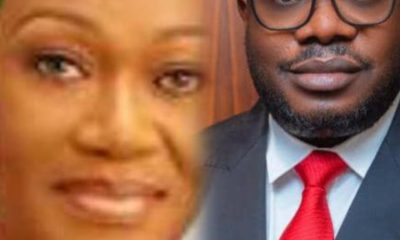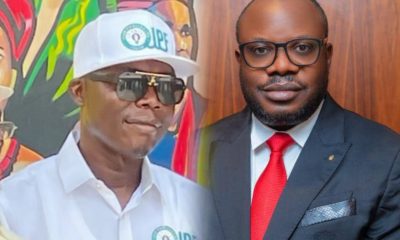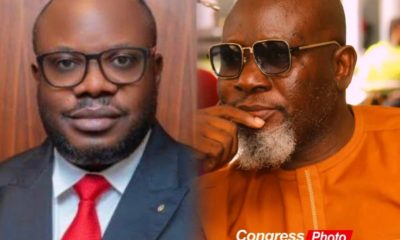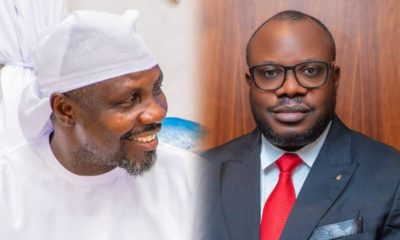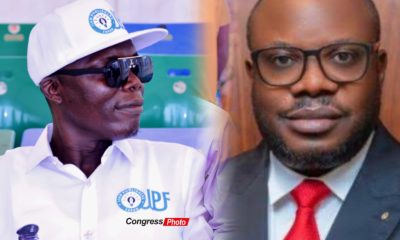National
The Rise of Dennis Otuaro: A Challenge to Ethnic Parochialism, By Ben Binebai

By Ben Binebai
In a notable display of interest and surprise, critics are unable to deny the ascension of Dennis Brutu Otuaro, a respected son of Delta State. He has attained this position in the Presidential Amnesty Programme, which appears to cause disquiet among certain individuals with concerns regarding ethnicity. When former military generals led this endeavour, there were few complaints pertaining to ethnic politics. Why is it that having a Dr. Dennis Otuaro from Delta State, leading the programme, proves challenging for those who prioritise their own ethnic group.
Specifically, detractors of Dennis Otuaro from Ijaw and Itsekiri have only succeeded in selling themselves to the world as wicked and egocentric people who do not want others in power apart from them. Their antagonism underscores the detrimental implications of ethnic parochialism, potentially hindering broader cooperation and progress in the region. Notably, Otuaro is not only President Tinubu’s choice for the job. He is also the choice of the Niger Delta people and, above all, the choice of God.
The Presidential Amnesty Programme has a face, a name, a strong spirit, a prosperous vision, identity, and power of institutional love and justice under Dennis Otuaro. Dr Otuaro provides quality service and conducts rehabilitation training for former agitators amidst these challenges. Theories such as neorealism and functionalism suggest that Dr. Otuaro promotes cooperation and balances power through cross-cultural engagement. The guiding philosophy of Dr. Otuaro’s administration is centred on fostering peace, stability, and development in the Niger Delta region through collaboration and stakeholder engagement, sustainable empowerment, inclusivity, and strategic partnerships.
In the Niger Delta, there is a parable of the “Unity Tree.” This tree, with roots of many ethnicities intertwined, stands tall against storms, symbolising strength in diversity. Like the Unity Tree, Dr. Otuaro is an impeccable symbolism of this unity tree. He weaves together threads of cooperation, nurturing peace amidst diversity. He also represents the “River of Many Streams,” where each stream, though different, flows towards a common ocean of prosperity. Dr. Otuaro navigates these streams with wisdom, guiding the Niger Delta towards harmony and progress.
Dr. Dennis Brutu Otuaro’s leadership weaves together peace, cooperation, and development in the Niger Delta. With a vision where unity triumphs over ethnic parochialism, Dr. Otuaro’s story unfolds like an epic tale of courage, wisdom, and unity crafting a prosperous legacy. No ethnic nation suffered terribly like the Ijaws in the Nigerian Delta; some were even traitors, betrayers, and champions of holiness amidst the struggles. The Ijaws suffered significantly for the amnesty programme’s realisation, and the Itsekiri ethnicity, among others in the Niger Delta, are beneficiaries of the programme under Dr. Otuaro. Given the complexities of partnership in the region, the Itsekiris and other ethnic nationalities cannot be equal partners in all aspects due to the historical context and dynamics of the Niger Delta struggle.
Prof. Benjamin Binebai, writes from Niger Delta University Bayelsa State

